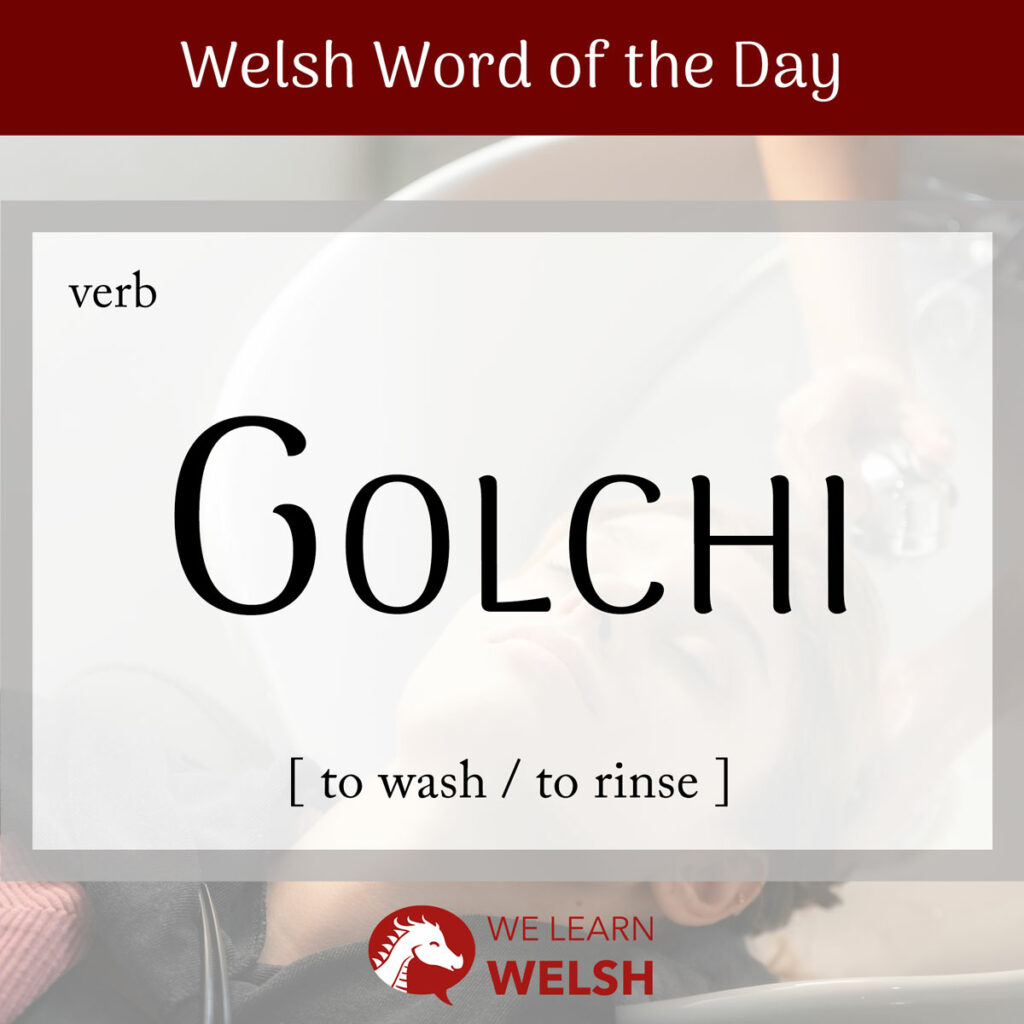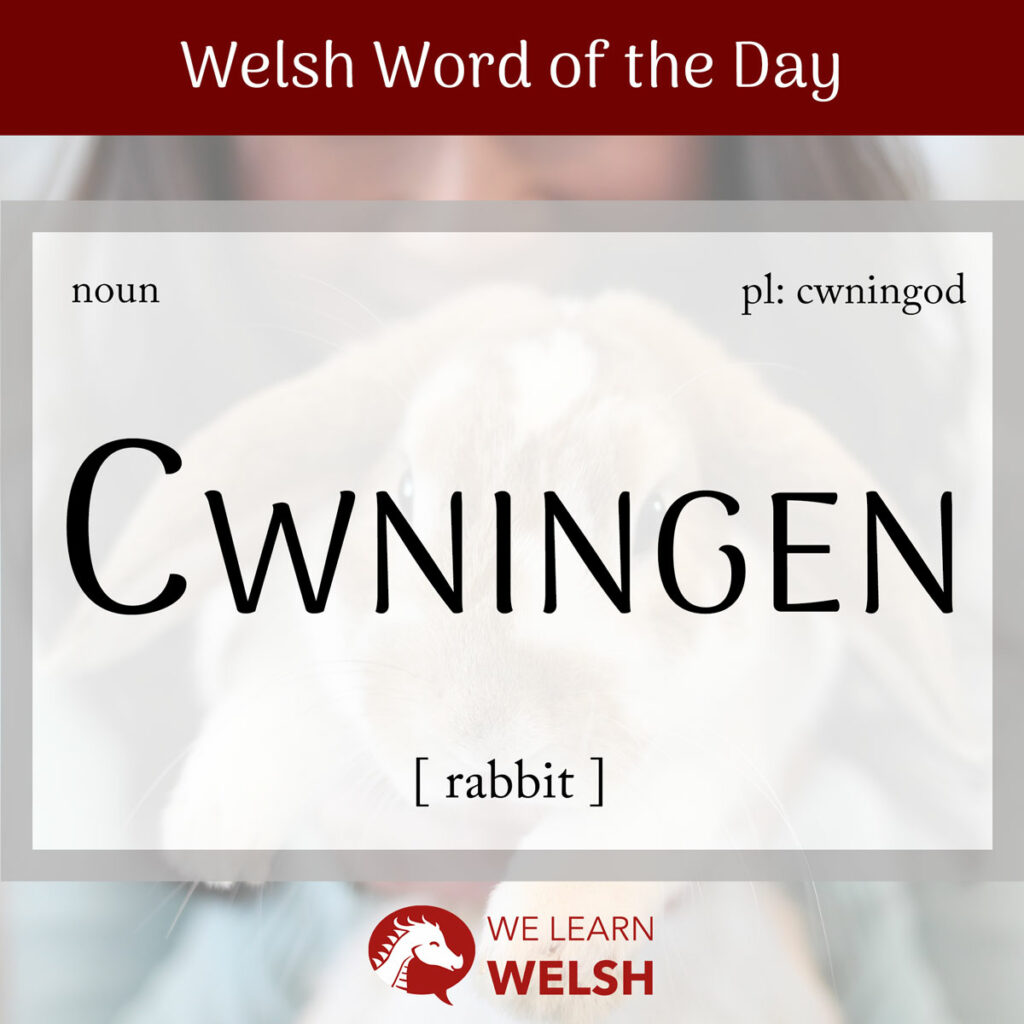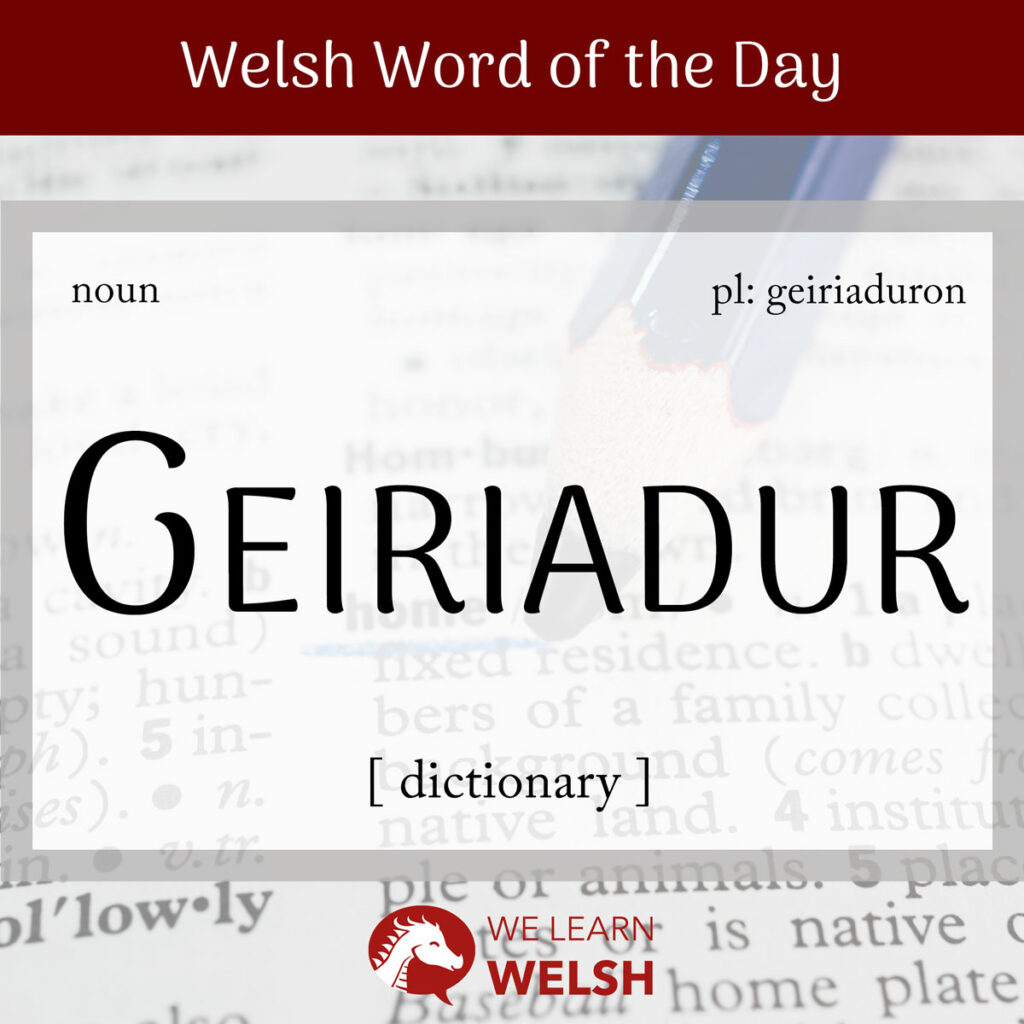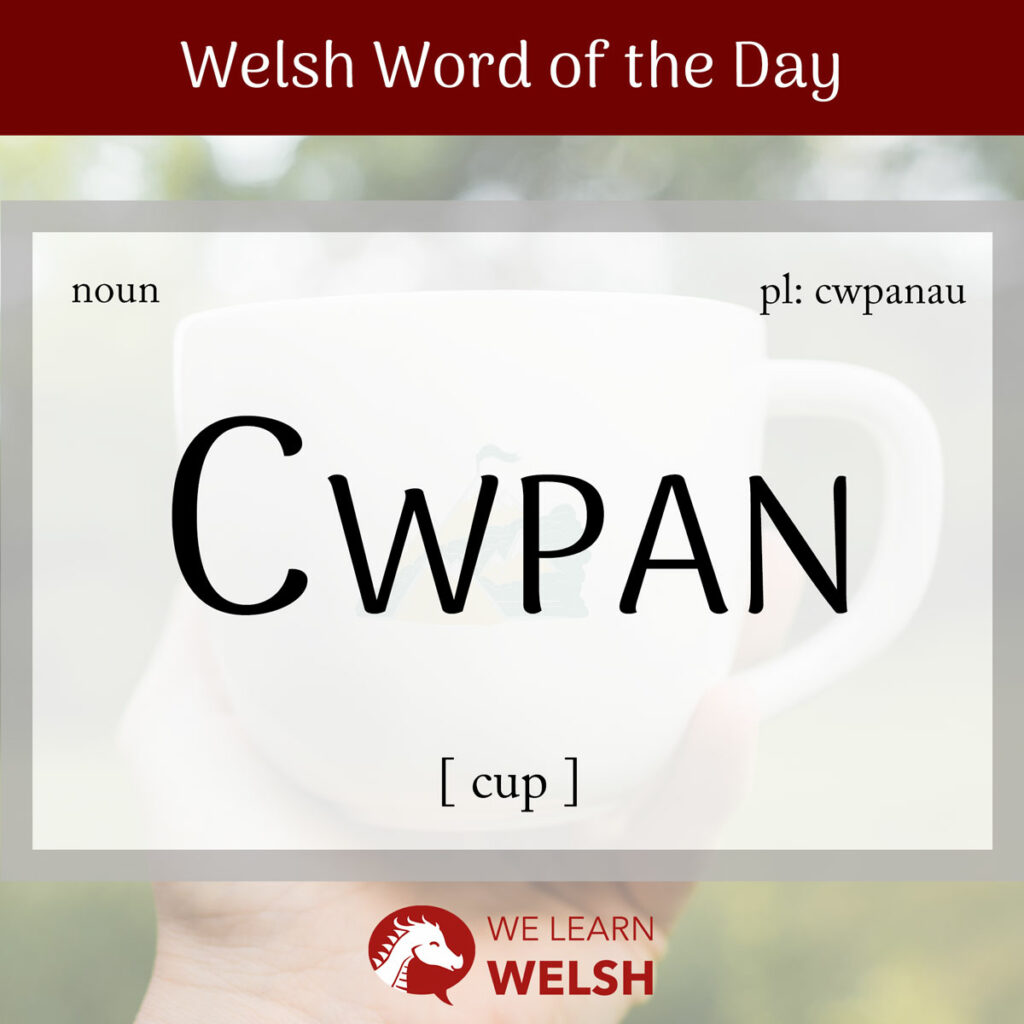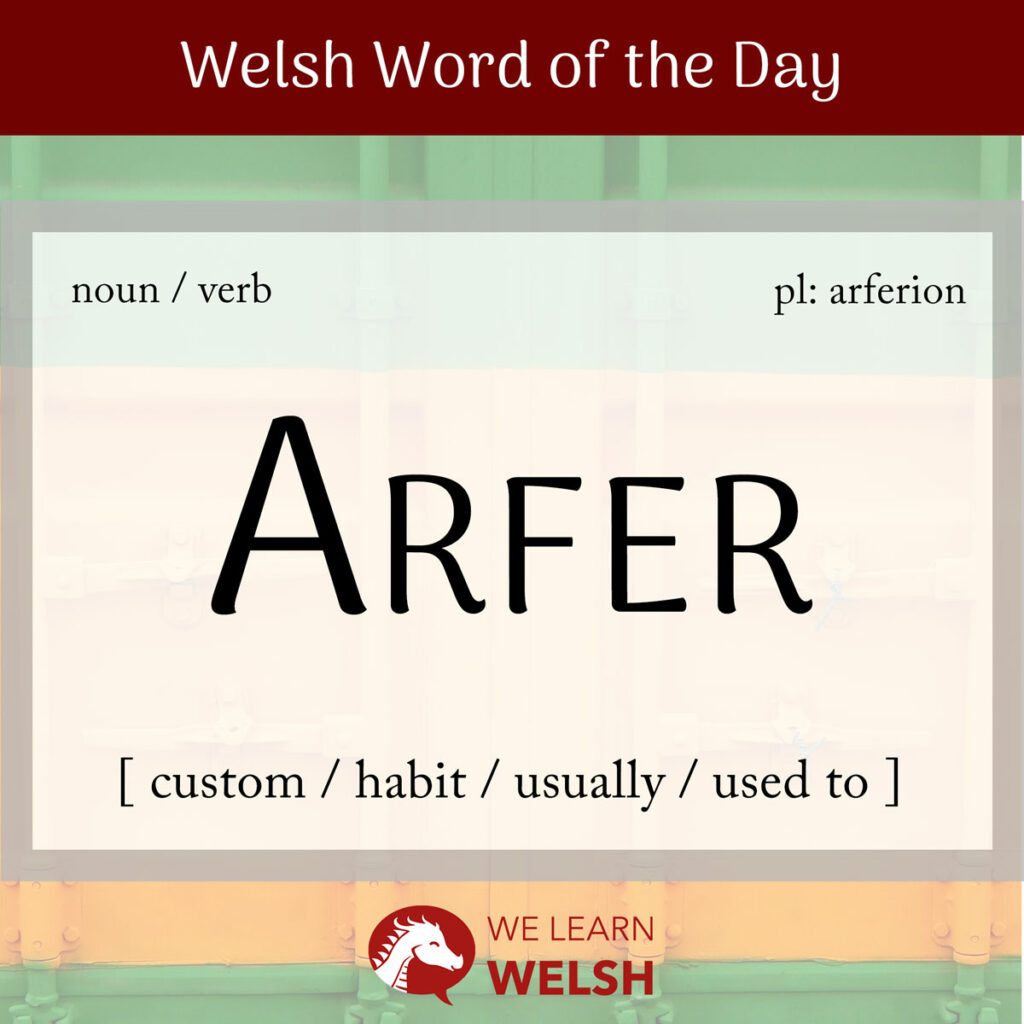O Lili Wen Fach – Welsh Lyrics & English Translation
This year, for the very first time, my son took part in our two local Eisteddfods, singing the beautiful song O Lili Wen Fach—one of the Welsh names for the snowdrop. In fact, every child in Wales aged six and under is learning this song in class, though not all of them go on to …


